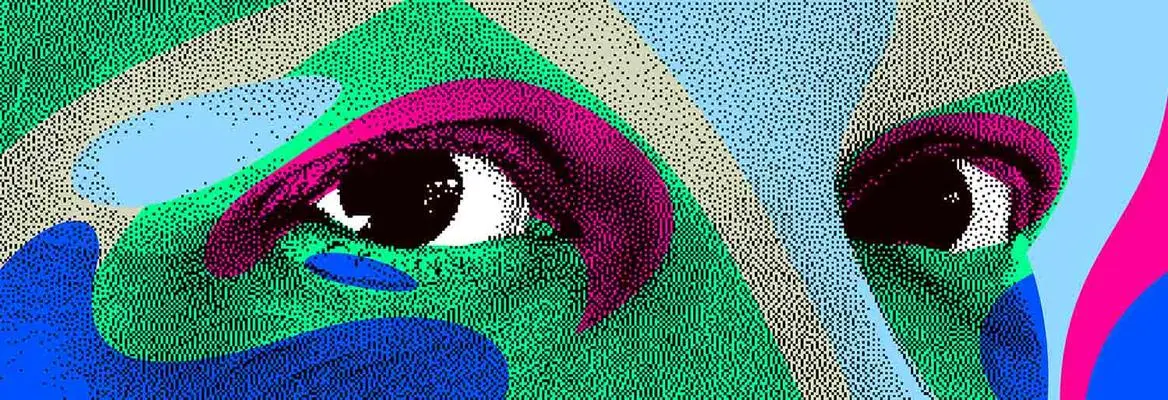Throughout recorded history, humans have tried to make sense of why we seem so different to other animals. But we’ve rarely been able to follow that enquiry without pursuing a dangerous kind of self-aggrandisement, argues Melanie Challenger
“All is vanity,” is one of those quotes that most of us know without necessarily recognising its provenance. Is it Shakespeare? The title of a novel? Actually, it comes from the Bible, specifically from Ecclesiastes verses 3:19. In contrast to the lazy idea of the Bible as an extended riff on human exceptionalism, these lines offer a starker vision of the human condition.
“For that which befalleth the sons of men,” runs the King James translation, “befalleth beasts; even one thing befalleth them: as the one dieth, so dieth the other; yea, they have all one breath; so that a man hath no preeminence above a beast: for all is vanity.”
In other words, humans are animals that will one day meet the same fate as all living creatures. We are organic stuff that breeds, bleeds, and dies. What’s more, despite all the skills and technologies that seem to have lifted us free of nature, in the end, we must decay and return to the Earth with the rest of the biotic community. All else, as they say, is vanity. No wonder we’ve spent much of recorded history trying to deny we’re animals.
According to rabbinical tradition, King Solomon was the author of Ecclesiastes. Solomon reigned over Israel around two and a half thousand years ago. By most accounts, he was fabulously wealthy and powerful. He also had some 700 wives. One can only wonder at how he balanced the emotional ledger.
Solomon was the Jeff Bezos or Elon Musk of his day in terms of riches. But that’s where the similarities end. For Solomon, wealth and platform provoked humility. His writings question whether any human, no matter what they gain, can truly rise above our physical reality.
The truth is that many of our wealthiest technologists are determined to both control and commercialise what it is to be human. But what they capitalise on is our fear of being animal.
But today’s billionaires leverage their gross earnings in pursuit of a final showdown with nature. Tech-futurists, or whatever you want to call their particular type of eschatology, seek technological solutions to our animal condition. They are latter-day salvation seekers. And they are pursuing three main routes to an ultimate freedom from the Earth: engineering our biology to live longer and maybe even forever; engineering our escape elsewhere in the solar system; and, if all else fails, abandoning our organic being altogether and becoming some kind of mind-data equivalent of the cloud.
This isn’t just science fiction. In 2020, Elon Musk showcased rockets that he hopes will be used for space colonization and also his ‘Neuralink’ brain-machine interface, modelled by a pig called Gertrude. ‘Neuralink’ is a brain chip that Musk promotes as an insurance policy against a dodgy superintelligent form of AI and also as a method of connection with machines in order to control and enhance aspects of human cognition.
Jeff Bezos, along with PayPal’s Peter Thiel, has invested in companies such as Unity Biotechnology, whose broad aims are to extend the healthy span of an average human life. Or at least that’s the clean version. The truth is that many of our wealthiest technologists are determined to both control and commercialise what it is to be human. But what they capitalise on is our fear of being animal.



















Join the conversation